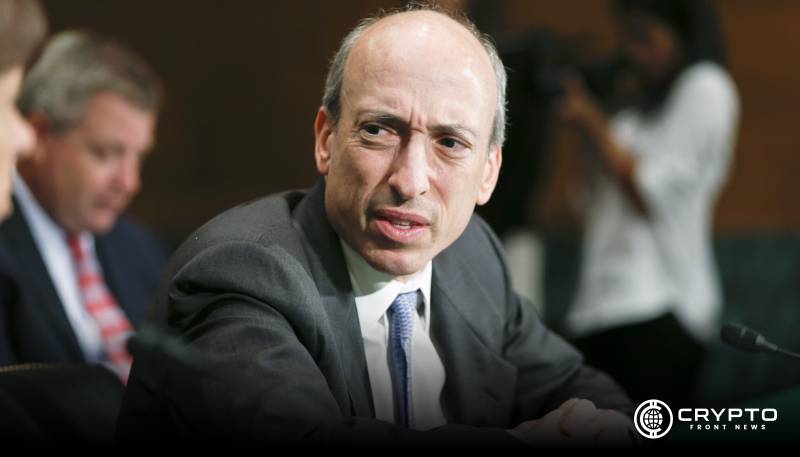- Gary Gensler’s SEC tenure ends with Paul Atkins, a pro-crypto advocate, poised to lead a more collaborative approach to crypto regulation.
- Gensler’s efforts to enforce traditional laws on crypto sparked controversy, but his approval of Bitcoin ETFs marked a key milestone for the sector.
- Trump’s memecoin launch and Atkins’ SEC leadership signal a shift towards innovation-friendly policies that could position the U.S. as a crypto leader.
As Gary Gensler’s term as SEC chair concludes, President Trump’s administration will see a significant change in U.S. crypto regulation. During his four years, Gensler, who is renowned for his vigorous enforcement of Bitcoin, received both praise and condemnation.
His leadership prioritized recovering investor losses, increasing business transparency, and enforcing existing securities rules on cryptocurrency. Industry executives, however, believed that this was hindering innovation and reducing American competitiveness.
Gensler’s Legacy and Controversies
Gary Gensler began initiatives to increase transparency into insider trading, streamline and clarify financial disclosures, and expedite the completion of stock transactions. Additionally, he authorized Bitcoin spot ETFs, which gained a lot of traction and brought in over $123 billion in investments.
This move furthered the mainstreaming of Bitcoin, a cryptocurrency that he labeled unique because of its decentralized nature. However, his actions concerning the altcoins drew flak. Coinbase’s Brian Armstrong and Kraken’s Jesse Powell criticized Gensler’s approach as over-litigation.
Unicoin’s CEO, Alex Konanykhin, accused the SEC of abusing power. He expressed optimism for a pro-crypto future under Paul Atkins. This sentiment reflects broader frustration within the industry, where 18 states even sued the SEC over alleged overreach. Critics argue Gensler’s policies hindered progress, despite some benefits to market integrity and investor protection.
Atkins: A Pro-Crypto Path Forward
Paul Atkins, a pro-crypto advocate, is set to reshape SEC policies. He aims to involve crypto firms in regulatory discussions while avoiding overregulation. His philosophy emphasizes smarter regulation that balances innovation and investor protection. Besides, Atkins has consistently supported fostering public input and conducting thorough cost-benefit analyses.
Trump’s surprising memecoin launch and its explosive market performance highlight the shifting narrative. This development underscores how crypto remains pivotal in financial markets. Atkins is likely to continue cracking down on fraudulent practices while creating an environment where legitimate players can thrive.
Consequently, industry leaders hope Atkins’ tenure will replace enforcement-first approaches with collaborative regulation. This shift could position the U.S. as a global crypto hub. As the landscape evolves, the SEC’s next steps will define crypto’s trajectory and impact on U.S. financial markets.






